Friday’s Supreme Court decision making gay marriage a legal right in the U.S. is the culmination of work by many activists in the gay and lesbian community.
One of those unlikely activists is Edith Windsor, a feisty and loving former computer programmer who lived an ordinary and happy life, but whose legal battle for spousal rights led to the first high-court victory for gay marriage in 2013.
“I’m thrilled. I’m absolutely thrilled,” she said of the decision. “It’s not an end in itself, but it does give us an enormous amount of joy, and pleasure, and possibility. It’s another step on the way to total equality.”
Even in her joy, she spoke passionately about the many gay people who still suffer as a result of inequality: “Every gay person is not feeling that joy today. There are kids in the streets and people who are hungry and isolated, and hopefully we go next for total equality.”
After Windsor’s spouse Thea Spyer died in 2009, leaving Windsor her entire estate, Windsor fought for the spousal exemption to the estate tax that gay couples were denied under the Defense of Marriage Act. After hearing Windsor’s case, on June 26, 2013, the Supreme Court found DOMA unconstitutional, thus ending the federal ban on gay marriage.
That decision was a huge win in itself, but it also paved the way for today’s victory for the LGBT movement. Partly due to the Supreme Court ruling in the Windsor case, several more states have since changed their marriage laws. Thirty-six states, home to more than 70% of Americans, now allow gay marriage.
In 2013, Windsor was one of TIME’s Persons of the Year. As part of that project, TIME’s deputy photo editor Paul Moakley created this lovely video of Windsor talking about photographs she and Spyer had taken over 40 years together. Their marriage in 2007 would ultimately change history, but their relationship is also an inspiring love story for any married couple.
“I think about Thea all the time. I think she would be thrilled with this,” Windsor told TIME after hearing Friday’s decision. “I never thought it could happen. I think it is glorious that it could happen. I think the wording of the decision is glorious. It really is the beginning of the ending of stigma. It is the beginning of teenagers who fall in love with a person knowing that they can marry — that they have futures. It is the beginning of kids not having to apologize to their families anymore because they can marry just like anybody else.”
Windsor thanked many people for their role in Friday’s court decision. She called Jim Obergefell, the plaintiff in the case, the gay movement’s “next hero.” “I thank Supreme Court for once again proving to me that the Constitution of this country does matter and that justice will prevail.”
Silent No More: Early Days in the Fight for Gay Rights
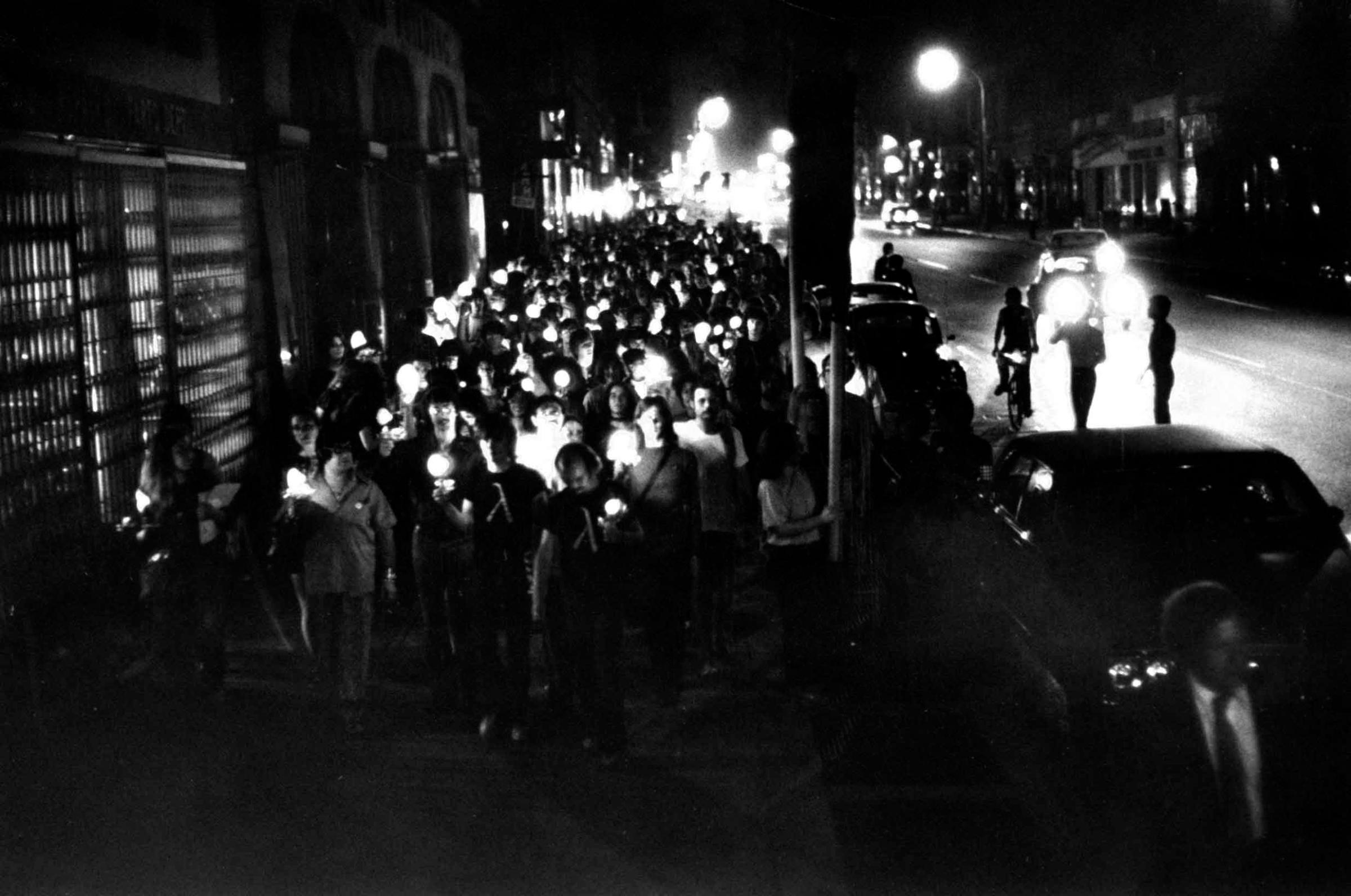
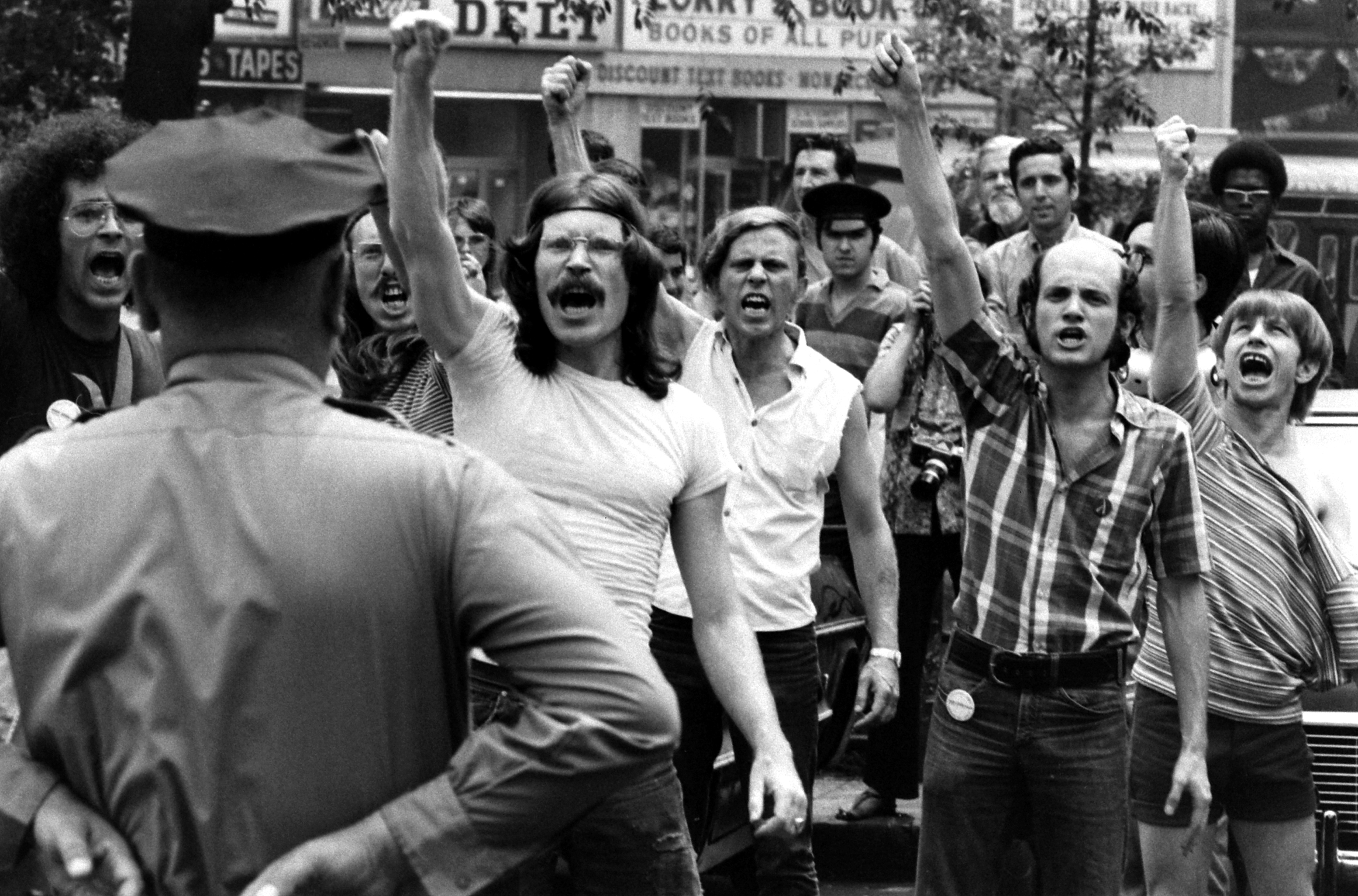
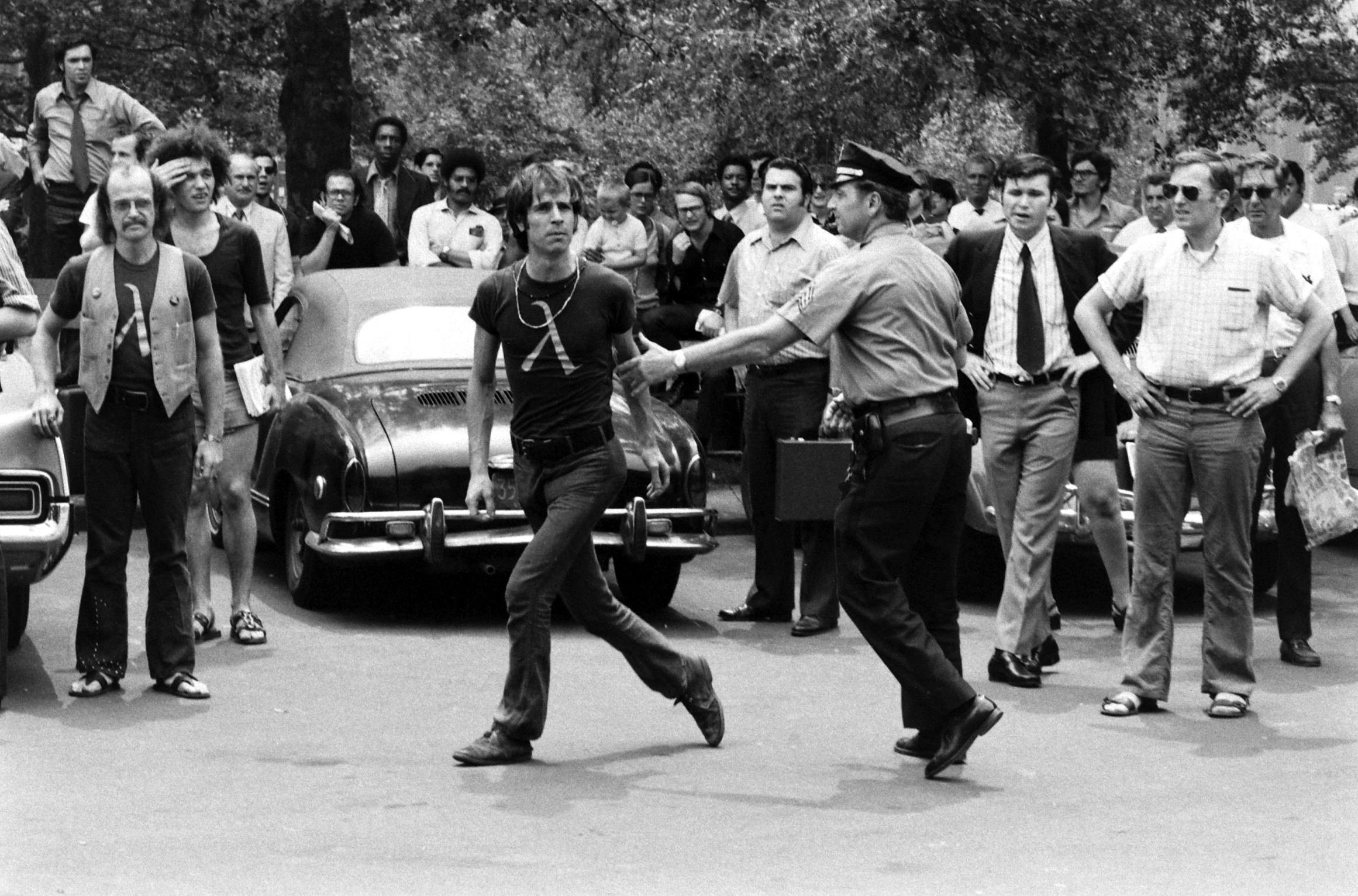
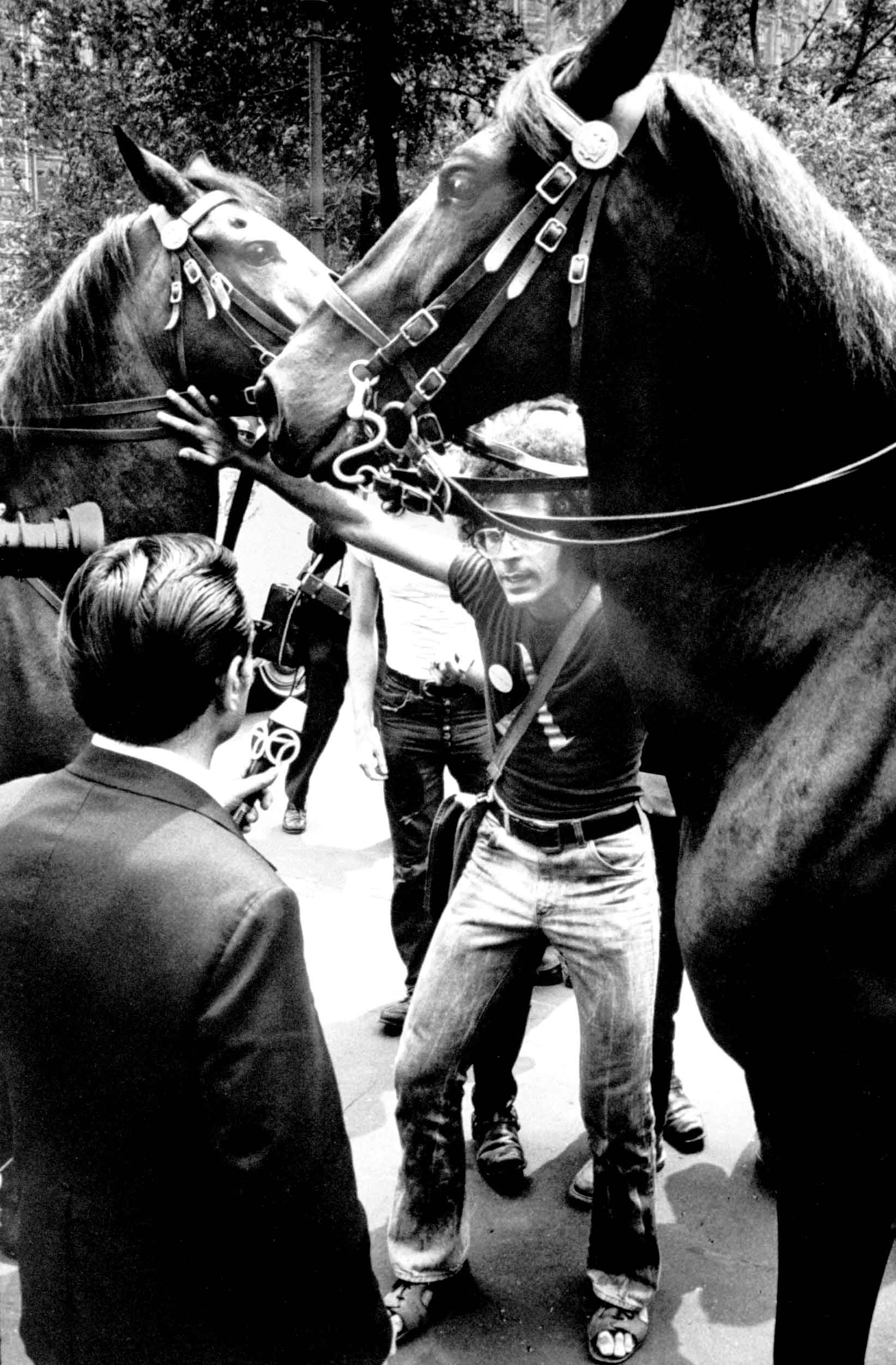
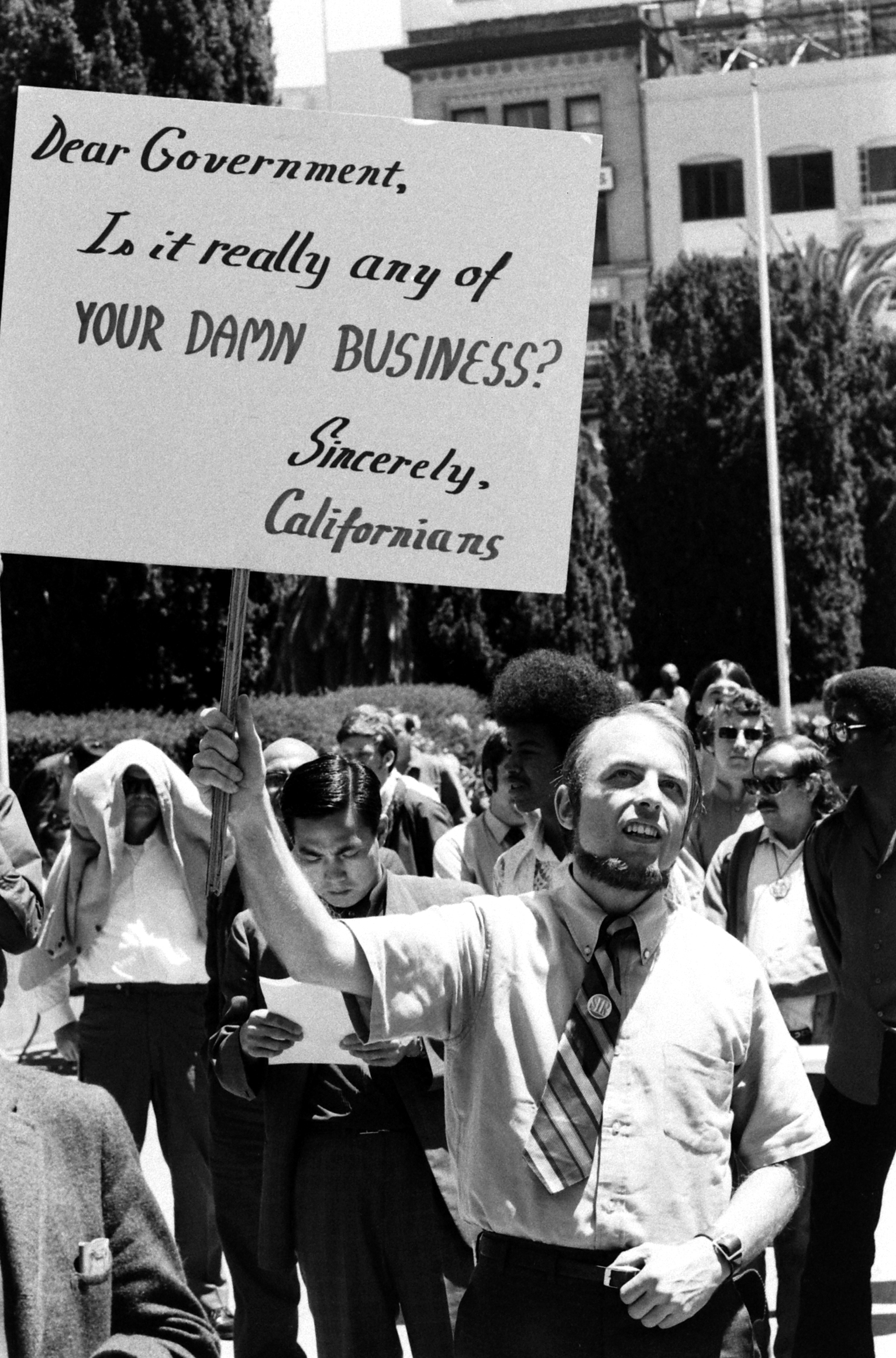
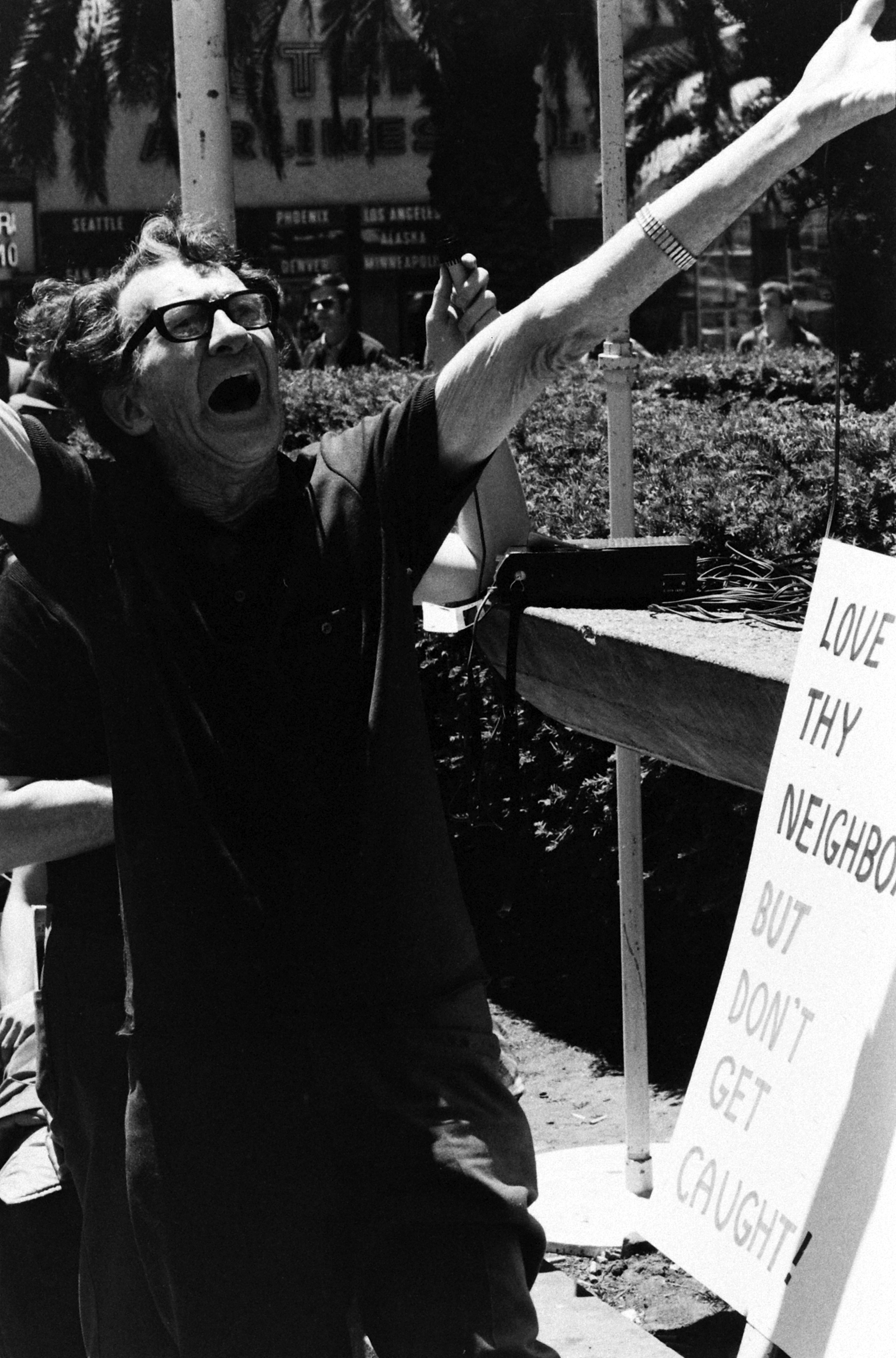
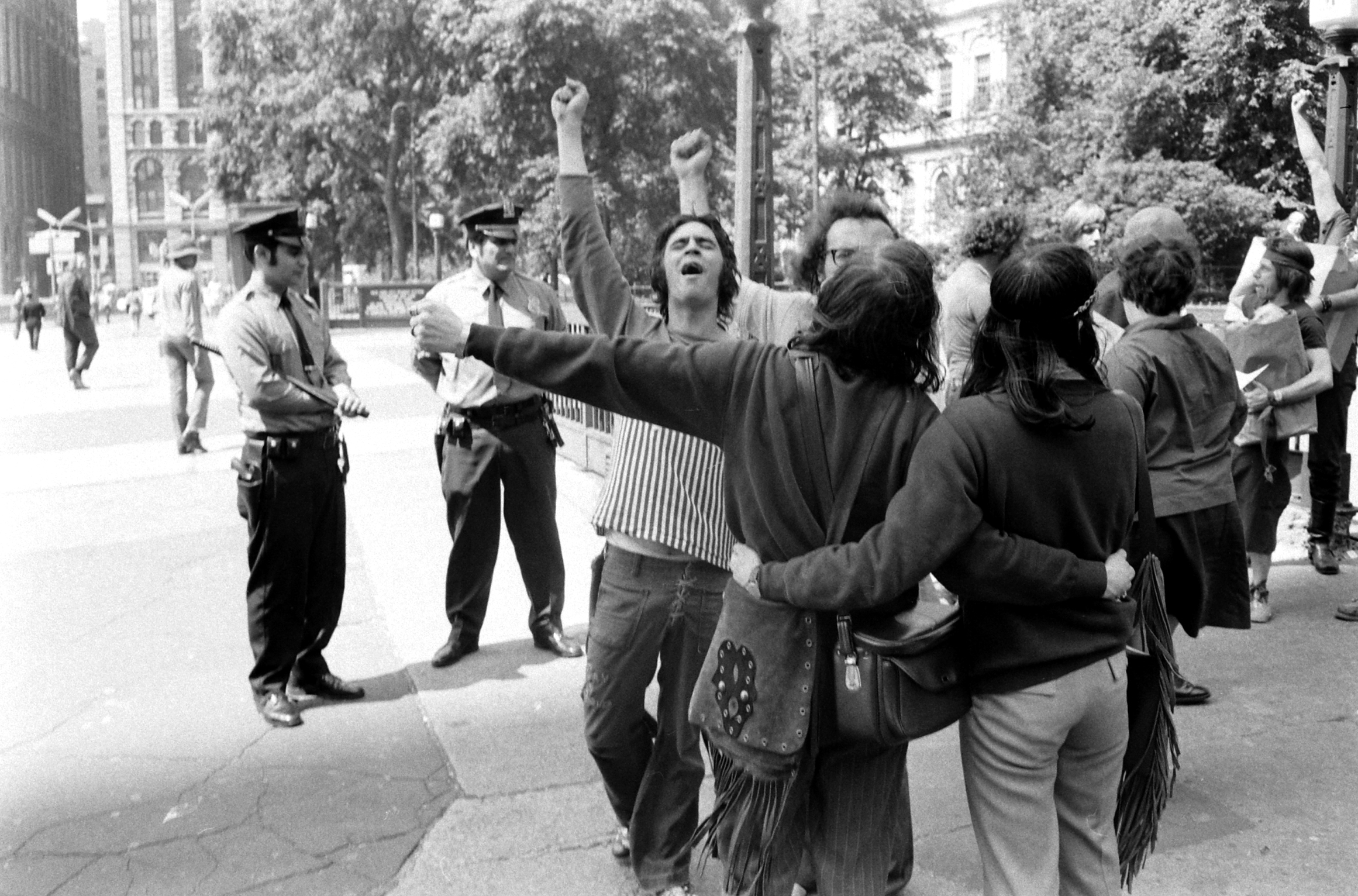
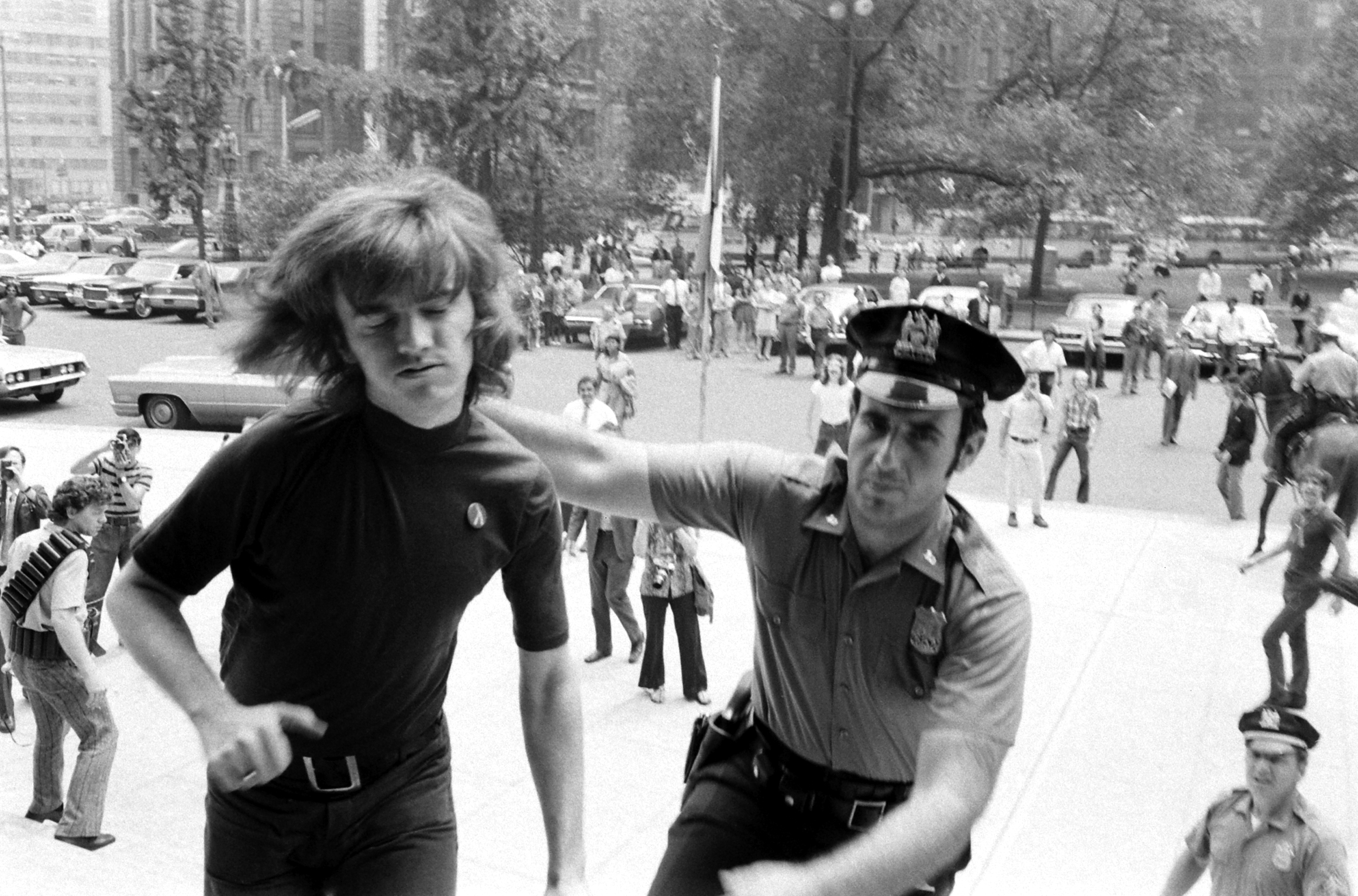
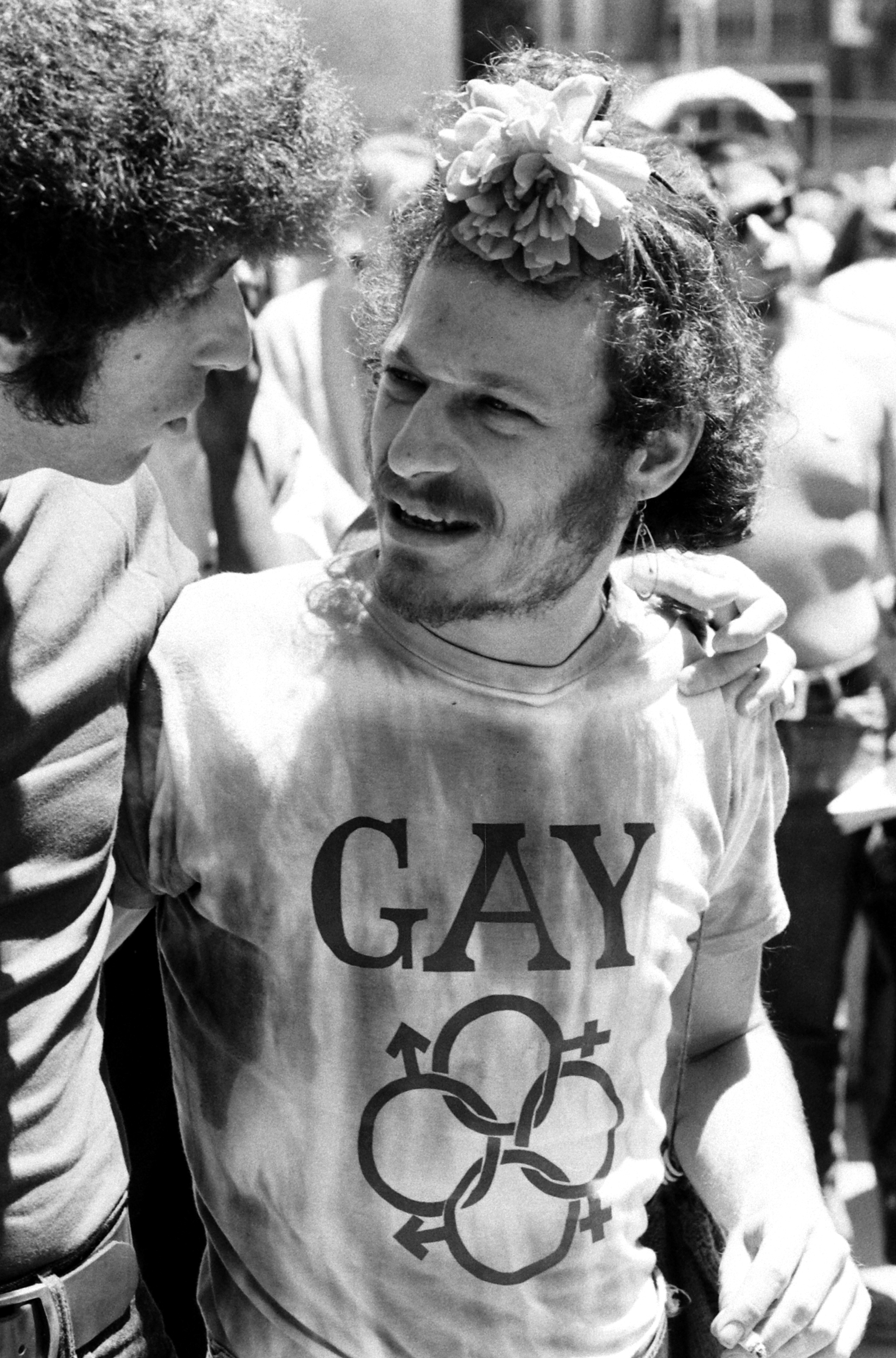
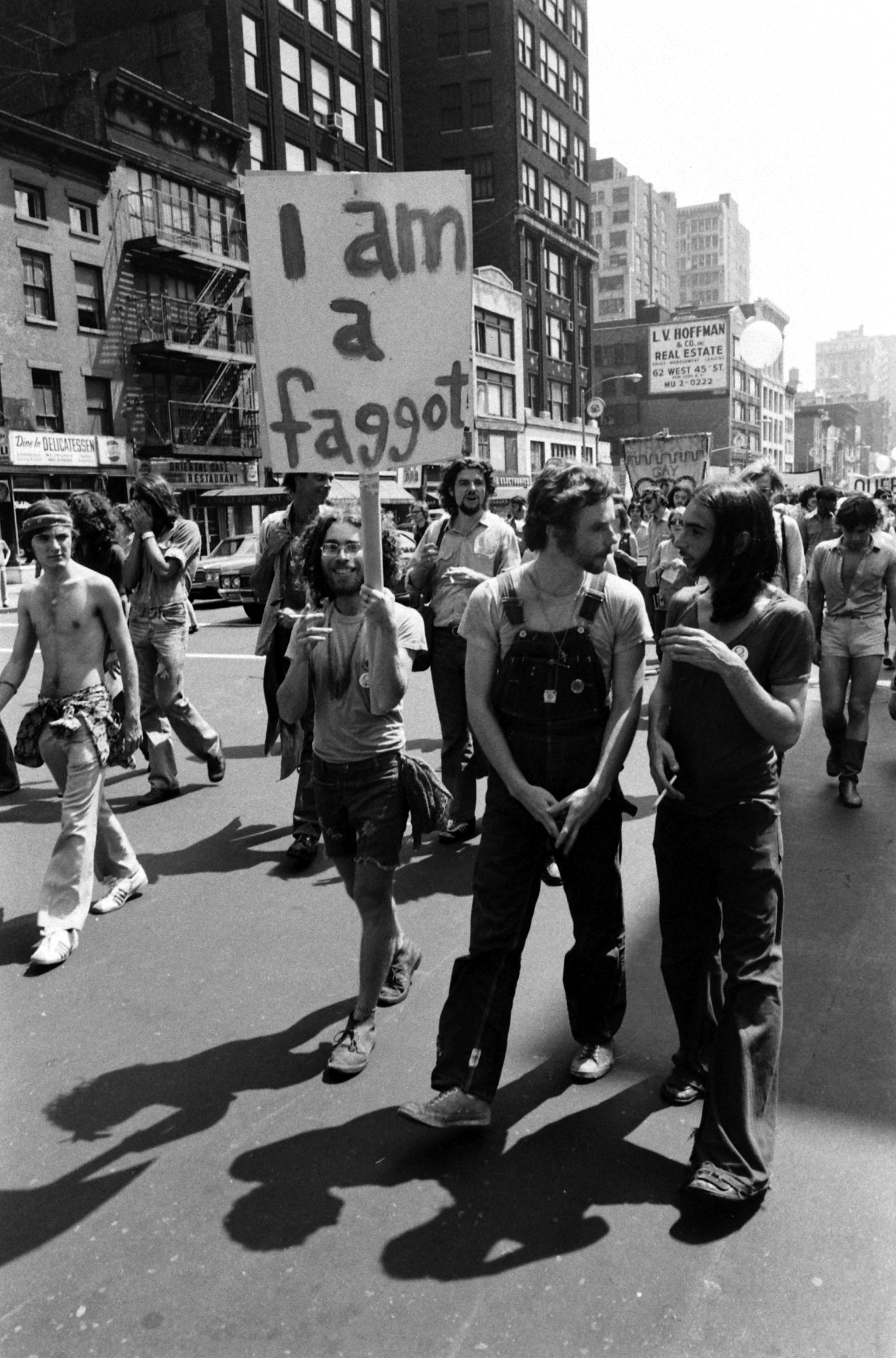
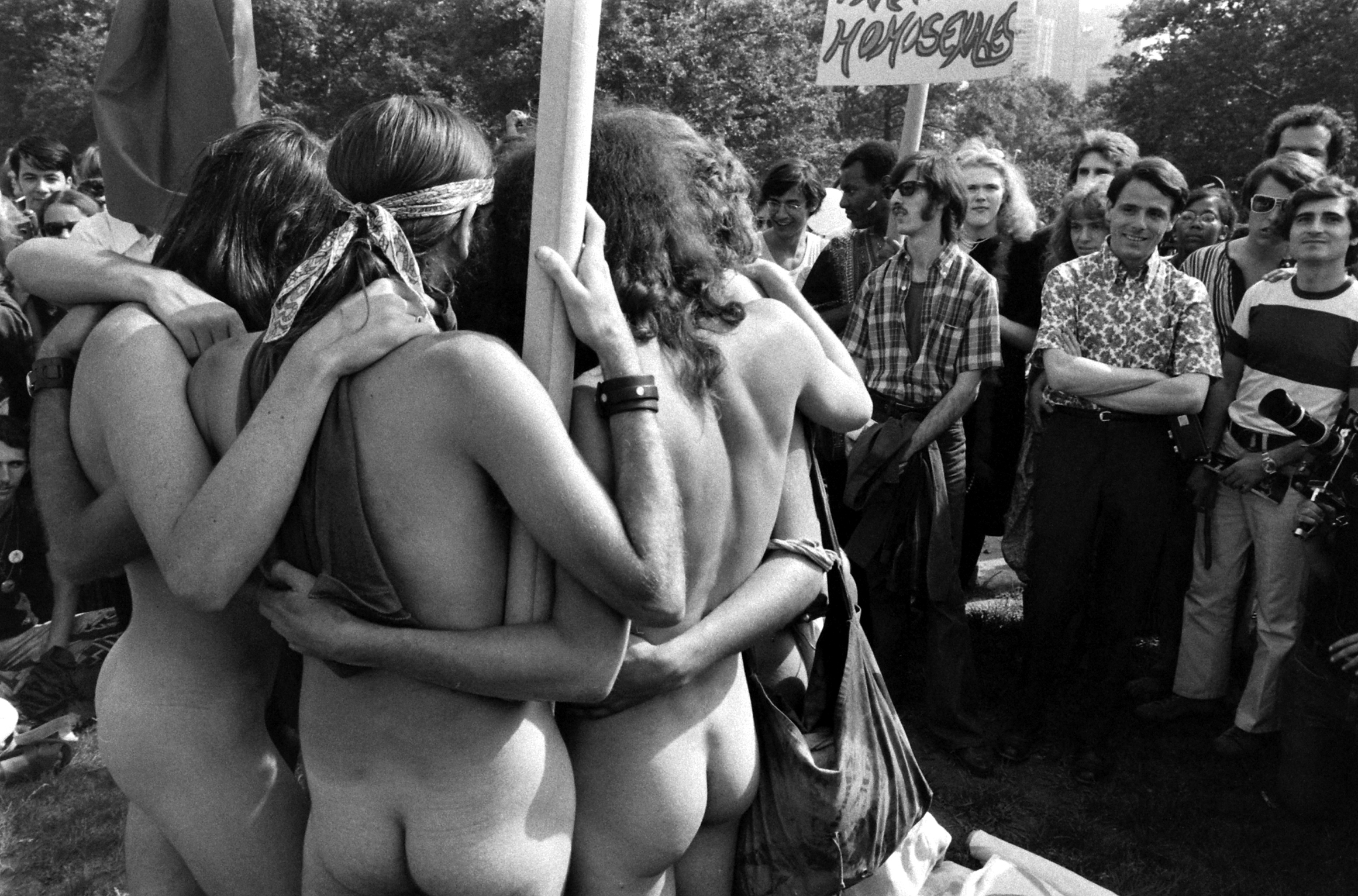
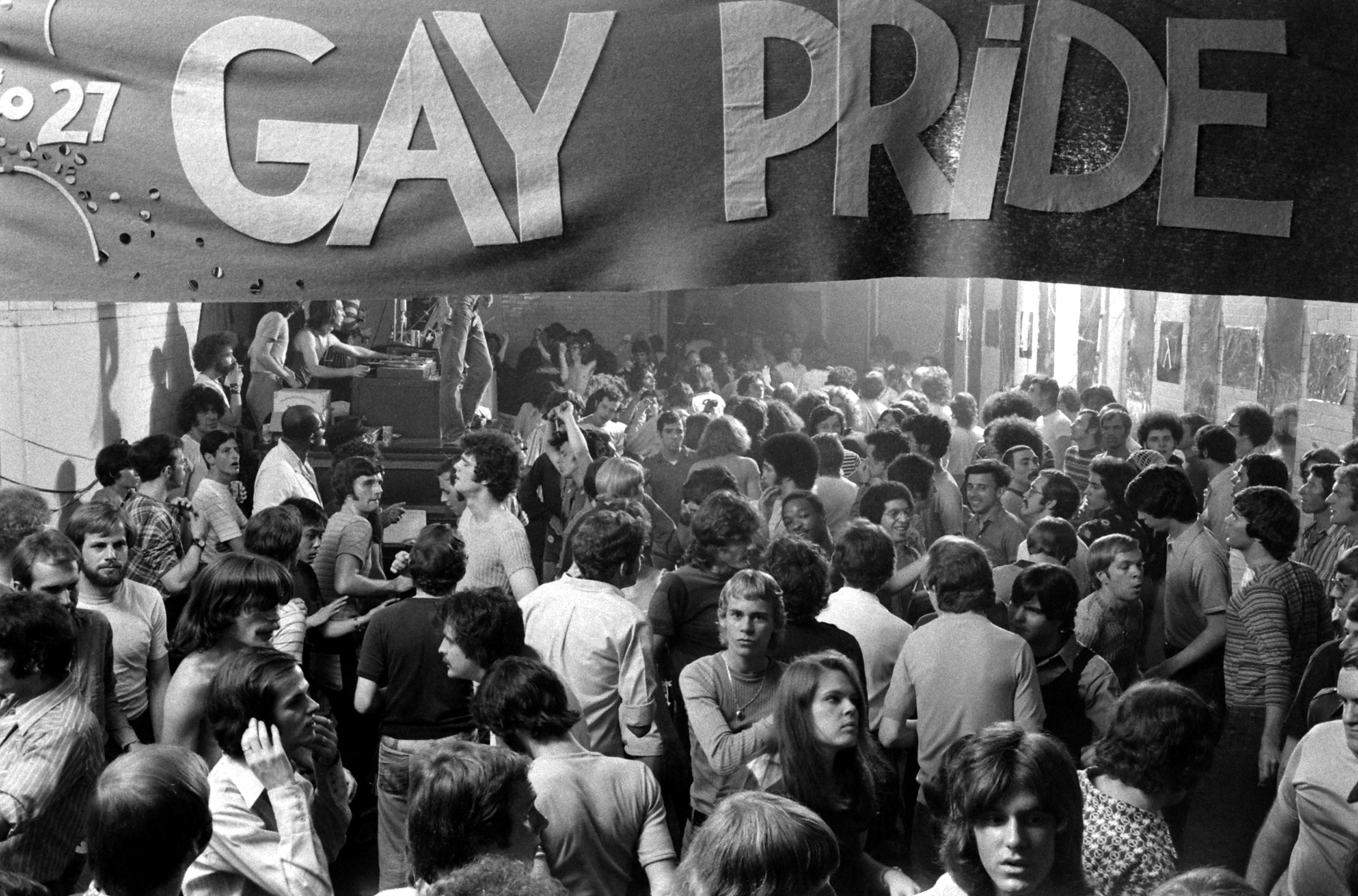
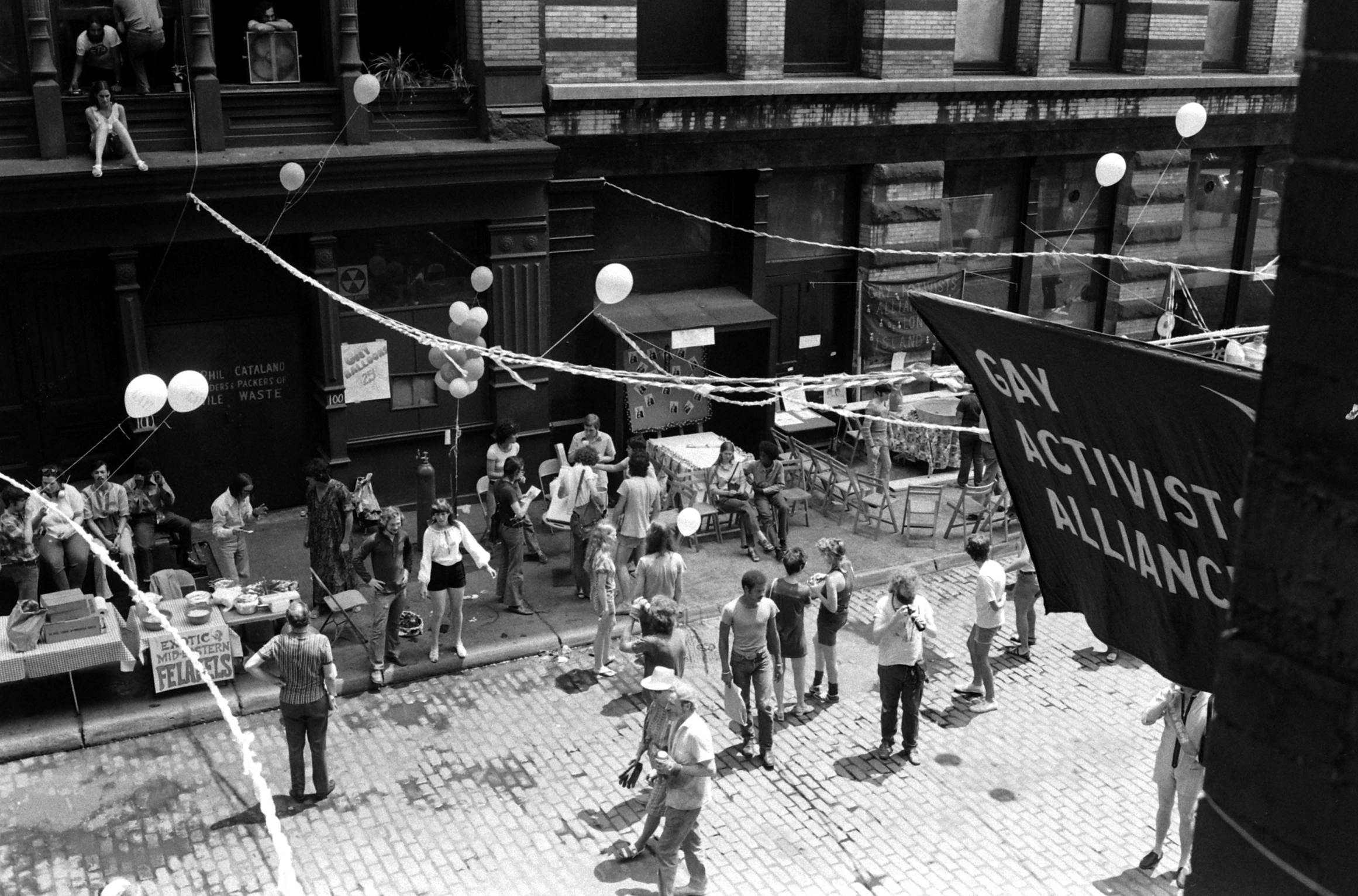
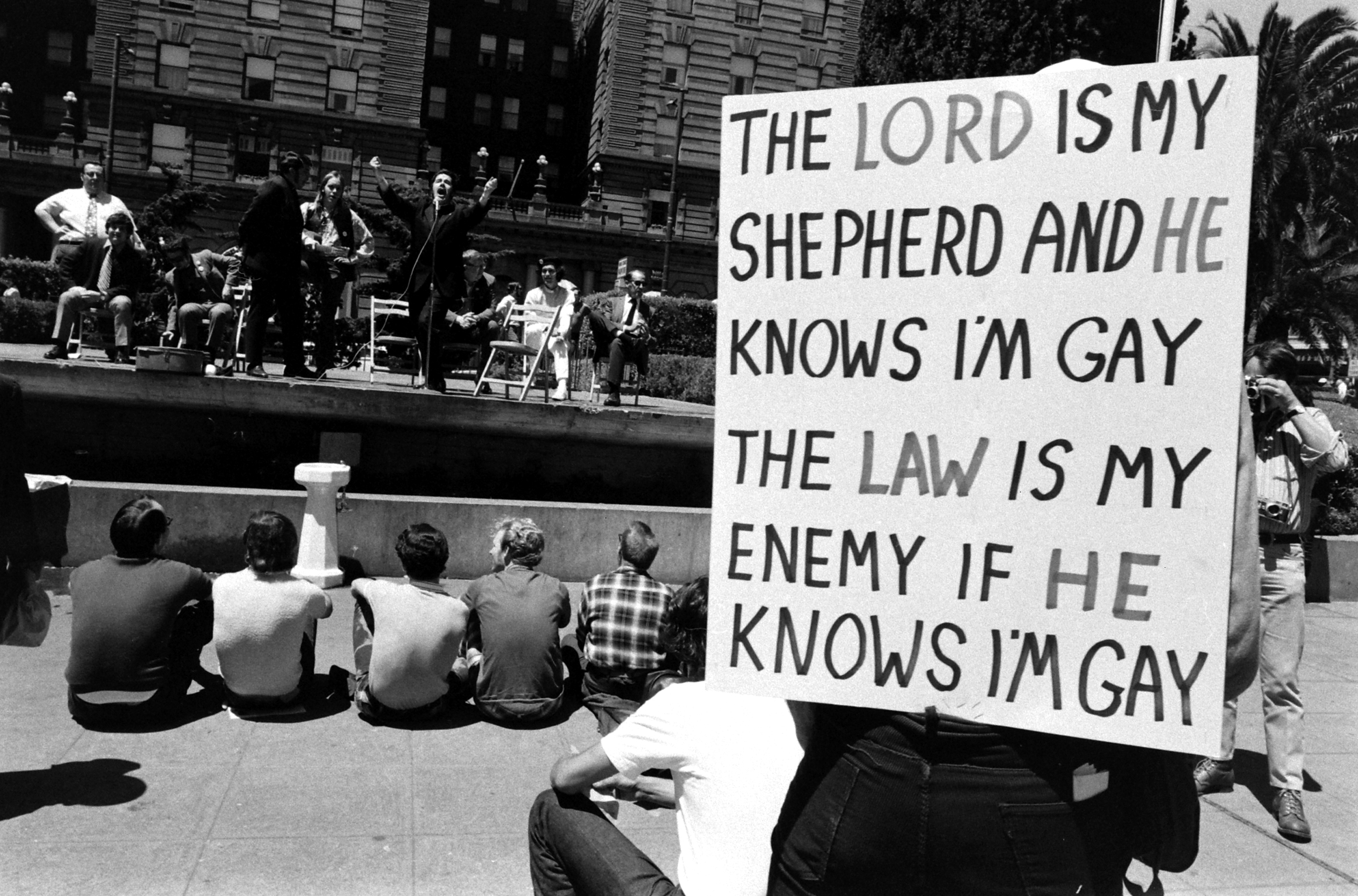
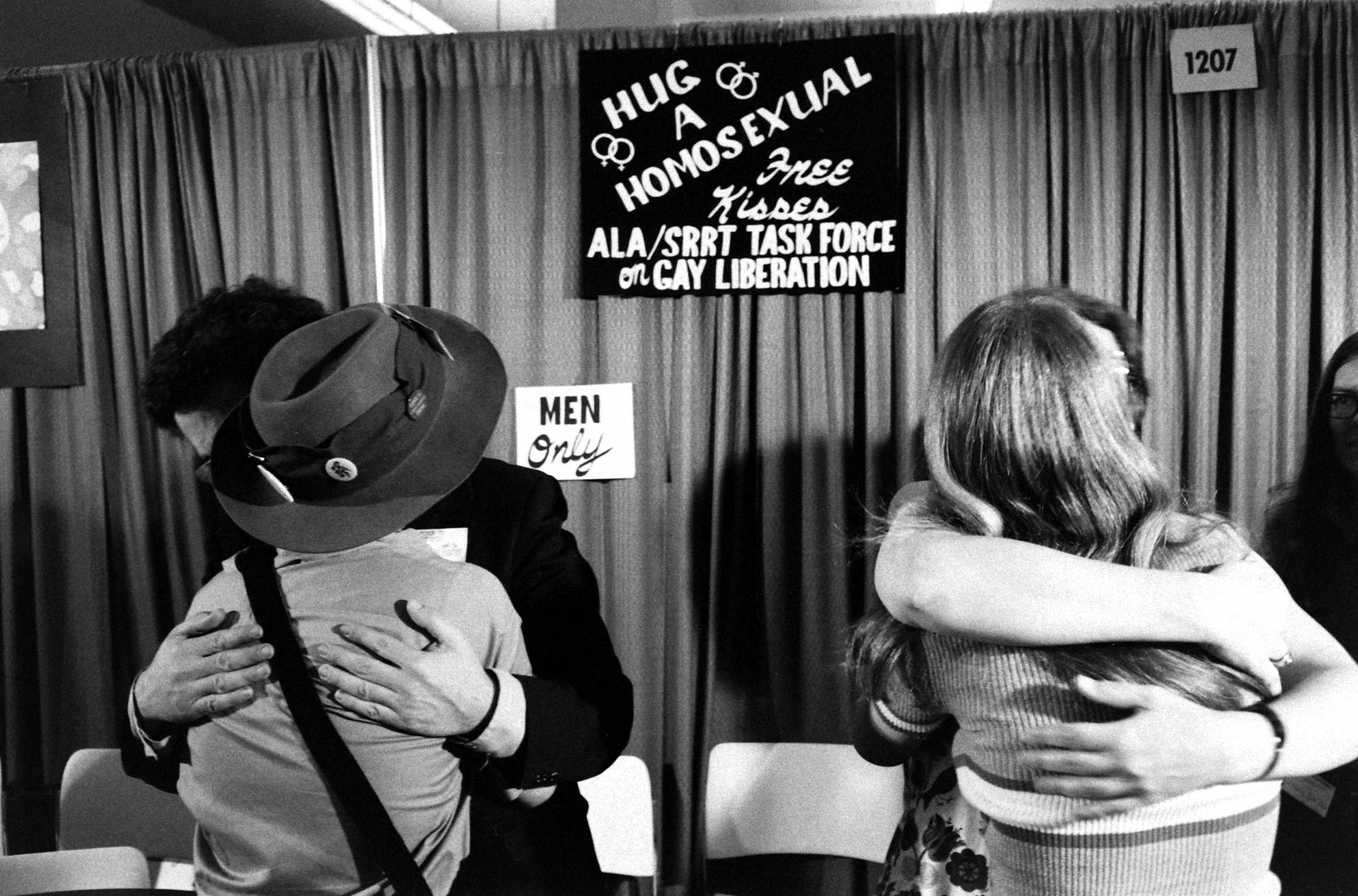
More Must-Reads from TIME
- Why Trump’s Message Worked on Latino Men
- What Trump’s Win Could Mean for Housing
- The 100 Must-Read Books of 2024
- Sleep Doctors Share the 1 Tip That’s Changed Their Lives
- Column: Let’s Bring Back Romance
- What It’s Like to Have Long COVID As a Kid
- FX’s Say Nothing Is the Must-Watch Political Thriller of 2024
- Merle Bombardieri Is Helping People Make the Baby Decision
Contact us at letters@time.com